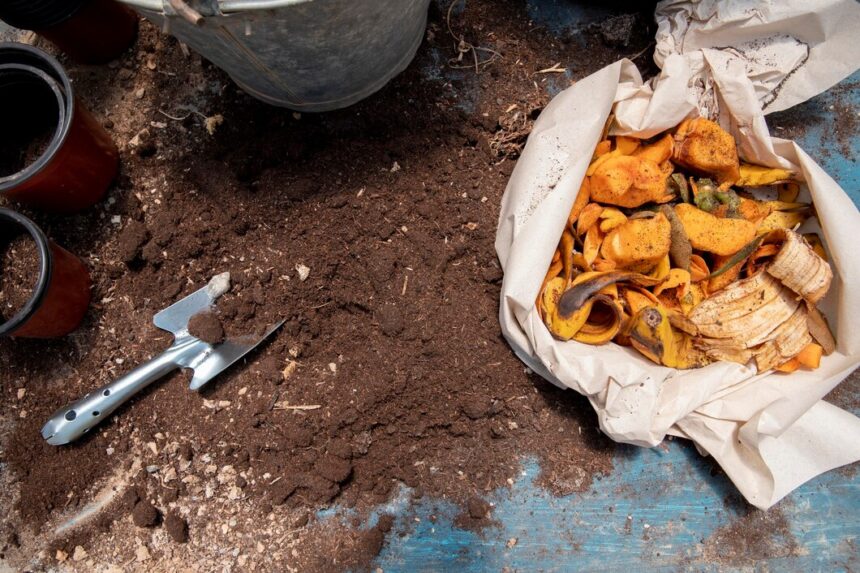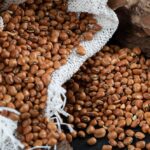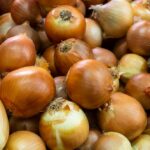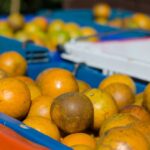Agricultural waste poses significant environmental challenges, contributing to pollution, soil degradation, and greenhouse gas emissions. In South Africa, where agriculture plays a vital role in the economy, minimizing agricultural waste is essential for sustainable farming practices and environmental conservation. Here are ten techniques South African farmers can implement to reduce agricultural waste and promote a more sustainable agricultural sector:
1. Composting:
Composting organic waste, such as crop residues, animal manure, and food scraps, can help farmers recycle nutrients and improve soil health. Compost can be used as a natural fertilizer, enriching the soil and reducing the need for synthetic fertilizers.
2. Crop Rotation:
Rotating crops helps break pest and disease cycles, reducing the reliance on chemical pesticides and herbicides. Additionally, rotating crops can improve soil structure and fertility, minimizing the need for external inputs and reducing waste.
3. Precision Agriculture:
Adopting precision agriculture techniques, such as GPS-guided equipment and remote sensing technologies, enables farmers to optimize resource use and minimize waste. Precision agriculture helps farmers make informed decisions about planting, irrigation, and fertilizer application, leading to improved efficiency and reduced environmental impact.
4. Integrated Pest Management (IPM):
IPM combines biological, cultural, and chemical control methods to manage pests and diseases effectively while minimizing environmental harm. By using natural predators, crop rotation, and resistant crop varieties, farmers can reduce reliance on chemical pesticides and mitigate environmental pollution.
5. Water Management Practices:
Implementing water-efficient irrigation systems, such as drip irrigation or micro-sprinklers, helps conserve water and minimize agricultural runoff. Additionally, employing water-saving techniques such as rainwater harvesting and soil moisture monitoring can further reduce water waste on farms.
6. On-Farm Energy Production:
Generating renewable energy on the farm, such as solar or wind power, can reduce reliance on fossil fuels and decrease greenhouse gas emissions. Farmers can use renewable energy to power irrigation systems, machinery, and farm operations, reducing energy costs and environmental impact.
7. Zero Waste Initiatives:
Adopting a zero-waste mindset involves minimizing waste generation and maximizing resource efficiency on the farm. Farmers can repurpose agricultural by-products, such as crop residues or animal bedding, for alternative uses such as mulching, animal feed, or biofuel production.
8. Sustainable Packaging:
Choosing sustainable packaging materials, such as biodegradable or recyclable packaging, helps reduce plastic waste and environmental pollution. Farmers can explore eco-friendly packaging options for their agricultural products, promoting a circular economy and reducing landfill waste.
9. Food Waste Reduction:
Implementing strategies to reduce food waste at the farm level, such as improved storage facilities, better inventory management, and donation programs, helps minimize losses and maximize food utilization. Farmers can donate surplus produce to food banks or local charities, diverting edible food from landfills and supporting communities in need.
10. Education and Awareness:
Educating farmers about the importance of waste reduction and sustainable farming practices is crucial for fostering a culture of environmental stewardship. Training programs, workshops, and extension services can provide farmers with the knowledge and skills needed to implement waste reduction techniques effectively.
By adopting these ten techniques, South African farmers can play a significant role in reducing agricultural waste, conserving natural resources, and promoting sustainable farming practices. By prioritizing waste reduction, farmers can enhance resource efficiency, minimize environmental impact, and contribute to a more resilient and sustainable agricultural sector in South Africa. As stewards of the land, farmers have a unique opportunity to lead the way towards a more sustainable future for agriculture and the environment.







